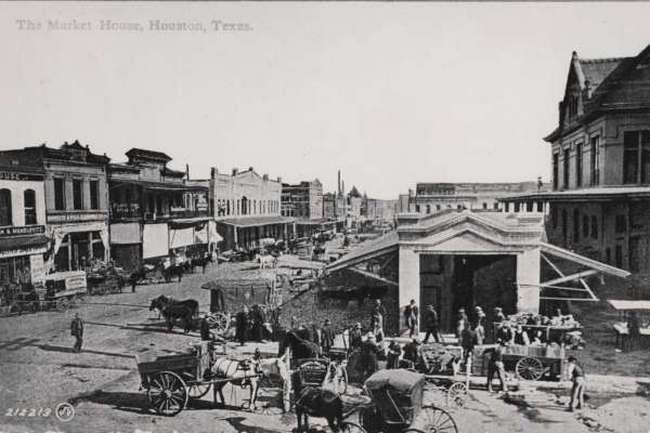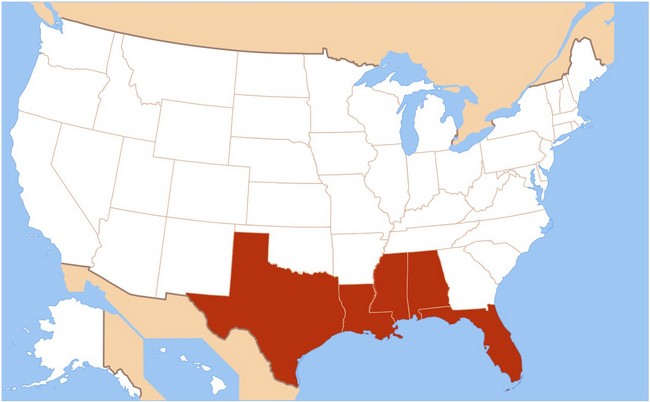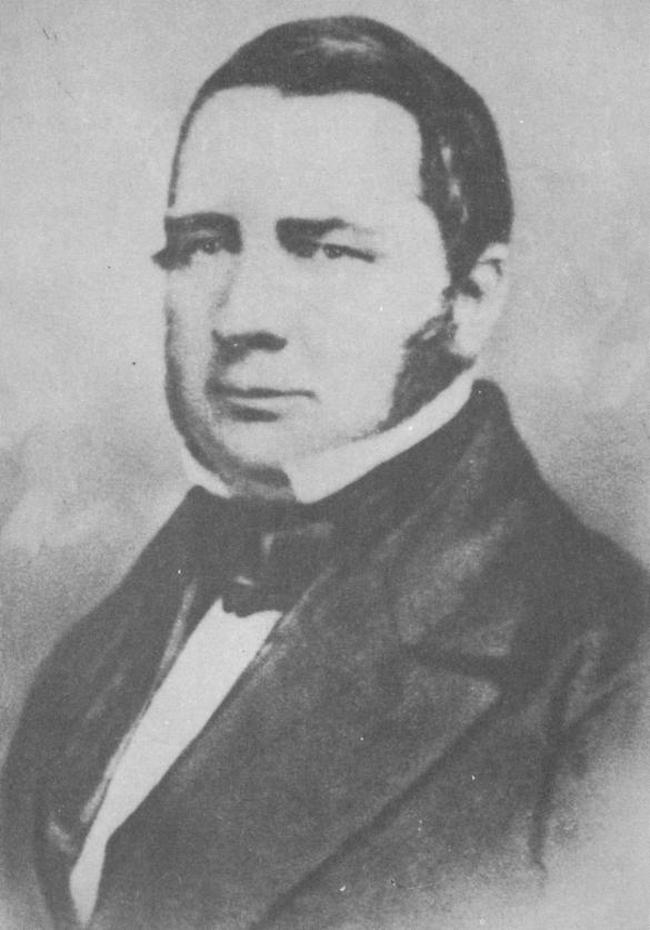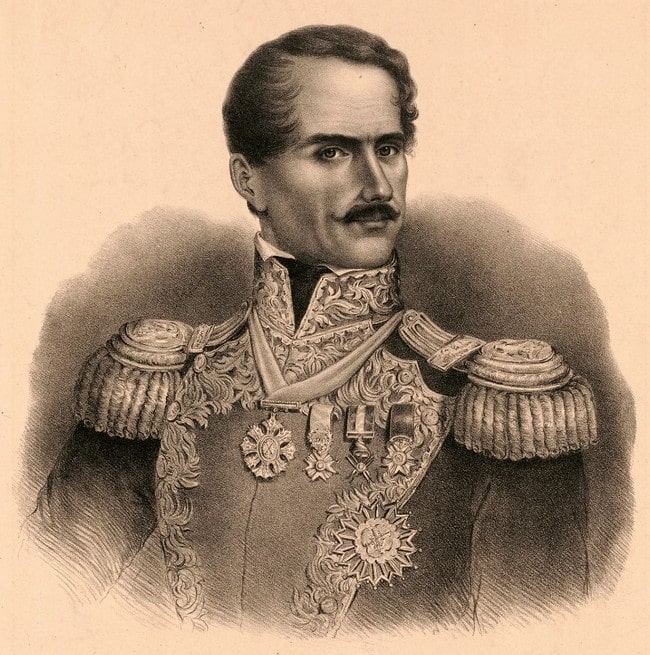
John William Smith (1800-1863) was a prominent figure in early Texas history, known for his entrepreneurial spirit and contributions to the state’s economic development.
Smith played a significant role in the establishment of the city of Houston, as well as the development of the state’s transportation and shipping industries. In this article, we will explore the life and legacy of John William Smith, examining his early years, his business ventures, and his impact on Texas history.
Early Life and Education
John William Smith was born in New York in 1800. Not much is known about his early years, but it is believed that he received a formal education, possibly attending a university in the northeast. By the 1820s, Smith had moved to Mississippi, where he worked as a clerk and a merchant. It was during this time that he became interested in the idea of moving to Texas, which was then a part of Mexico.
Move to Texas
In 1830, John William Smith made the decision to move to Texas, then a sparsely populated frontier region with a reputation for lawlessness and violence. Just like T.Sewell, Smith saw an opportunity in Texas, where land was cheap and there was a growing demand for goods and services. He arrived in Texas with his wife and children, and quickly set about establishing himself as an entrepreneur.

Source: txarchives.org
Entrepreneurial Ventures
One of John William Smith’s earliest business ventures in Texas was the establishment of a general store in San Felipe de Austin, the capital of the colony of Stephen F. Austin. The store was a success, and Smith quickly became known for his ability to turn a profit. He also began to invest in land, purchasing several tracts of land in the area around San Felipe de Austin.
In 1836, Smith was one of the signatories of the Texas Declaration of Independence, which declared Texas a republic separate from Mexico. He also served as a delegate to the Convention of 1836, which drafted the constitution of the new Republic of Texas.
The Founding of Houston
After Texas gained independence from Mexico, John William Smith became involved in the founding of the city of Houston. Smith recognized the potential of the area around Buffalo Bayou, which provided access to the Gulf of Mexico and made it an ideal location for a port city. Along with several other investors, Smith founded the city of Houston in 1836, and became one of its early leaders.
Smith’s contributions to the development of Houston were significant. He helped to establish the Houston City Company, which was responsible for surveying and selling lots in the new city. He also invested heavily in the city’s infrastructure, including the construction of wharves, warehouses, and other shipping facilities.

Source: en.wikipedia.org
Transportation and Shipping
John William Smith was also instrumental in the development of Texas’ transportation and shipping industries. In addition to his investments in the port of Houston, Smith was involved in the establishment of several steamship companies, which provided transportation along the Gulf Coast and up the Mississippi River. Smith recognized the importance of transportation to the economic development of Texas, and worked tirelessly to improve the state’s transportation infrastructure.

Source: en.wikipedia.org
Legacy
John William Smith died in 1863, but his legacy lived on. His contributions to the establishment of Houston, the development of Texas’ transportation infrastructure, and the growth of the state’s economy were significant. Today, Smith is remembered as a Texas pioneer and entrepreneur, who helped to lay the foundation for the state’s future success.
Conclusion
John William Smith was a key figure in early Texas history, whose entrepreneurial spirit and vision helped to shape the state’s future. His contributions to the establishment of Houston, the development of the state’s transportation infrastructure, and the growth of its economy were significant, and his legacy continues to be felt today. John William Smith’s achievements are numerous and varied, ranging from his success as a merchant and landowner to his contributions to the establishment of Houston as a major port city. His entrepreneurial spirit and ability to recognize opportunities helped to spur the economic growth of Texas in the early years of its development.
One of Smith’s most enduring legacies is the city of Houston itself. The city that he helped to found has become one of the largest and most dynamic cities in the United States, and continues to be a major center of business and industry. Today, Houston is home to a diverse array of industries, including energy, aerospace, and healthcare, and boasts a vibrant cultural scene, with museums, theaters, and festivals attracting visitors from around the world.
Smith’s contributions to the development of Texas’ transportation and shipping industries were also significant. His investments in steamship companies helped to facilitate trade along the Gulf Coast and up the Mississippi River, making it easier for goods to be transported to and from Texas. This, in turn, helped to spur the growth of the state’s economy, making it a more attractive destination for entrepreneurs and investors.
In addition to his contributions to Texas’ economic development, John William Smith was also a devoted family man. He married his wife, Eliza Ann Dickinson, in 1824, and together they had nine children. Despite the challenges of life on the Texas frontier, Smith remained committed to his family, and his descendants continue to honor his memory today.
In conclusion, John William Smith was a pioneer and entrepreneur whose contributions to the development of Texas were significant. From his early years as a merchant in Mississippi to his role in the establishment of Houston and the growth of the state’s transportation and shipping industries, Smith’s legacy lives on today. His entrepreneurial spirit and ability to recognize opportunities helped to pave the way for Texas’ future success, and his contributions to the state’s history will not soon be forgotten.


